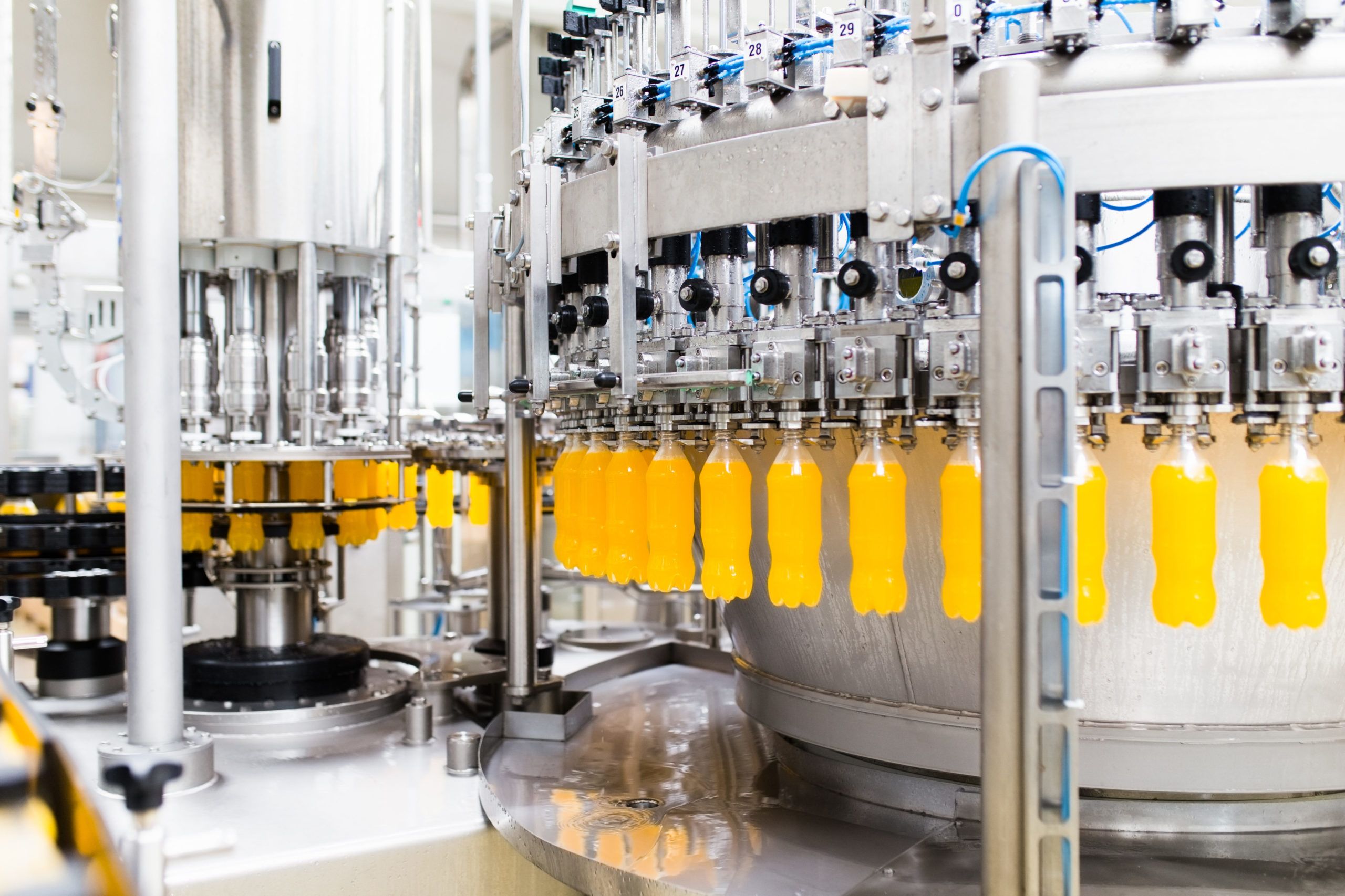Israeli foodtech incubator The Kitchen has made two new investments in food safety device Inspecto and sugar reduction technology Better Juice, both of which are responding to pressing consumers demands.
“We are looking for solutions that are addressing the major needs of the food industry starting at the consumer and going back through the value chain,” said Amir Zaidman, VP of business development at The Kitchen, which is sponsored by leading Israeli food company Strauss-Group.
Foodtech startups apply to join the incubator for 18 to 24 months, depending on the startup and its needs. Startups are brought on one-by-one and receive investment in return for a negotiable equity investment. Investments are typically around $500k but could increase if The Kitchen syndicates out a round to other investors in its network.
Inspecto
Inspecto is an Israeli startup developing a device that detects nanoparticles of pesticides and other contaminants in food. Inspecto makes testing kits for various sets of pesticides and offers results in real time. Customers will eventually be able to order kits to test for substances of specific concern given their particular activities, likely in six to 12 months.
Zaidman says that application for Inspecto’s technology range from farmers to retailers to regulators and even border control agents inspecting US imports.
It’ss a legal risk and a repetitional risk,” said Zaidman. The startup is currently running two pilots, one with Strauss’s coffee program and on with Shinho, a major Chinese condiment company, for which Inspecto is developing a means of detecting contaminants in peanuts.
Consumers are increasingly calling for food to be free of pesticide residues s the public becomes more conscious of the food system they participate in. The binary choice of organic and conventional agriculture is no longer sufficient and shoppers want to know not just how their food is grown, but what is on the food they are purchasing.
Pesticide residues on the produce have also caused international incidents in recent months. The UAE banned produce imports from six countries in the Middle East region last year because pesticide residues were too high for safe consumption.
Inspecto is also a graduate of the Chinese agrifood tech accelerator Bits x Bites in China.
Better Juice
Along with a desire to consume the minimal amount of pesticides in their diets, consumers are also looking to decrease the amount of sugar they consume, both from added sugars like cane sugar and beet sugar, to the sugars that naturally occur in fruit-based foods like juice.
Better Juice uses an enzymatic process to join the sugar molecules in fruit juice together to form longer chain carbohydrates or dietary fiber. After this process, the fiber content of the juice increases while the sugar content and sweet taste are lessened.
“We feel this a major area of need for the food industry and deserving many different solutions that are going to come into the market,” said Zaidman of sugar reduction technologies. He says that juice companies are actively searching for solutions to bring the sugar levels of fruit juices down and with good reason. Global orange juice futures contracts have decreased by half since 2005 and consumption in Western Europe dropped by 25% form 2007 to 2016 according to GlobalData.
“[Juice companies] are looking for solutions that will not dilute the juice, but will decrease the sugar,” said Zaidman.
So far Better Juice has had success applying their technology to apple and orange juice and will likely branch out into other fruits.
The Kitchen has now made a total of ten investments and Zaidman said that three to four more are expected in 2018.




